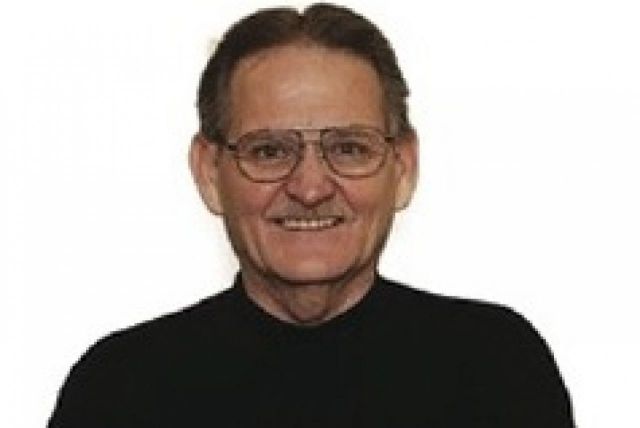No I, Me, Or My

Several people wanted the position. He wasn’t well known beyond where he had lived, ran a small store, served as postmaster, and practiced law. His education was meager. He paid his bills and supported his family, but he was not a man of means, by any means. Those who opposed him were better known, had broader bases of support, and had either inherited well and/or done well for themselves.
He had to first be selected as a candidate, then he had to be elected to the office. He started with a small base of local support. He had friends, a growing number of them in fact, and they were loyal. There was something about him that attracted people. By his own admission, he wasn’t much to look at, he was gawky, his clothes were often ill fitted to his substantial height, and his voice was rather high pitched, particularly when speaking to a crowd.
He didn’t have an impressive record of accomplishments. In fact, he had a fairly long list of failures. His one successful venture into national politics ended leaving him with little or no reputation and nothing particularly impressive to recount, should he venture into politics again.
Any reasonable odds maker would have tagged him a longshot. Who then, were the people who admired him and believed that he had a chance? They were the people who knew him, had spent time with him, and shared stories with him. They had become a part of his life, and he had become part of their lives. Looking past exterior trappings, they saw a potential politician with real promise, not a person bolstering his potential with fake promises and self-aggrandizement. This guy was the real deal.
At the convention, he positioned himself, with the help of his friends and supporters, as a strong second choice to each of the front runners. It was a long process, but in the end he won. Now the real challenge, the election of 1860, was on in earnest. Once again, the candidates who opposed him looked far better than he did on paper and to the odds makers. When the votes were counted, more people voted against him, than for him, but because he was running in a field of four, Abraham Lincoln won. In March of 1861 he became the 16th President of the United States.
Even before his inauguration, the nation began dividing itself north and south. Less than two months after Lincoln’s inauguration, the opening shots of the Civil War were fired. This man who was nominated as a second choice and elected with less than half of the votes cast, was charged with leading a country through a war the outcome of which would determine its very survival as a nation. In the midst of that war, following what would be the turning point battle of the conflict, Lincoln once again found himself the second choice.
Following the Battle of Gettysburg in July of 1863, plans were made to establish a national cemetery in Gettysburg for burial of the Union dead, not carried to home cemeteries. The honor of delivering the keynote address on Thursday, November 19th, the day of the cemetery dedication, was given to Edward Everett of Massachusetts, a well-known orator, politician, professor, ambassador, and statesmanof the day. Everett spoke for more than two hours, while Lincoln’s “. . . a few appropriate remarks. . .” took a little more than two minutes.
Lincoln, who was afforded second billing for the day, stole the show. His remarks, some 270 words, demonstrated to an anxious nation and a watching world, the simple yet powerful gifts that powered him. Lincoln had empathy—lots of it. It was genuine and real. It made him accessible, showed his compassion, and demonstrated a rare depth of human understanding. He also possessed a humble belief thatgreat things can happen when little concern is given to who gets the credit.
Lincoln’s comments in Gettysburg 157 years ago highlighted the epic and tragic struggle that gripped the nation. He spoke in very human and empathetic terms, offering no statements of blame or credit. Nowhere in his address did the President use the words I, me, or my. Instead, he opts for we, us, and ours.
Words matter. They can call for unity or sound an alarm for discord. They can wound, or they can heal. They can show apathy, or they can demonstrate caring. They can reinforce the isolation of narcissism, or they can offer the embrace of empathy. Lincoln spoke to a hurting nation more than a century and a half ago. He can and should be a solid reminder of the enduring powers of empathy and humility, for a hurting nation today!
